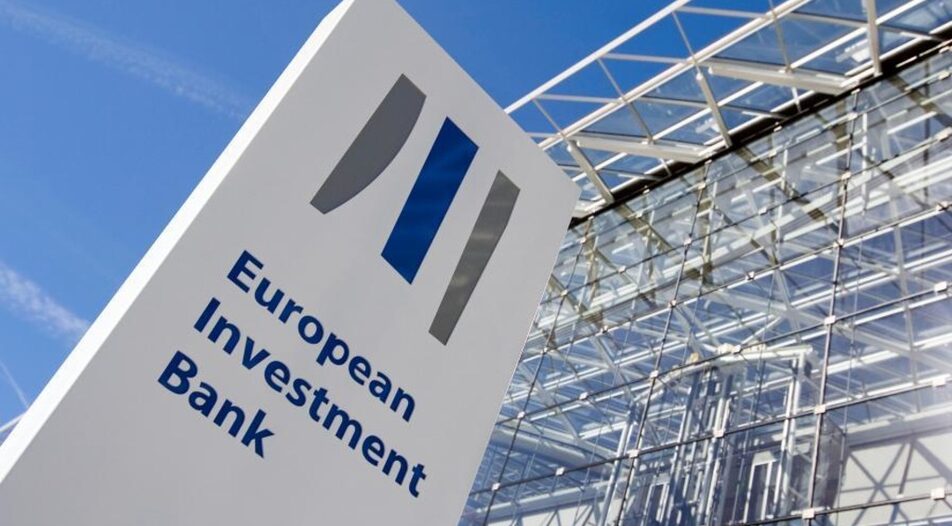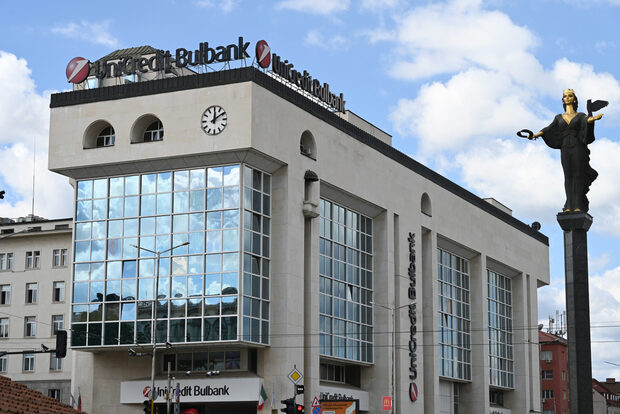Record-low interest rates have been decreasing bank yields even before the pandemic struck but the economic insecurity caused by Covid-19 further sped up the process. Consequently, financial institutions have slowly been shifting towards business models based primarily on revenues from fees and commissions. But the room for increasing bank fees is limited as fintech competitors entering the industry are changing the rules of the game by offering banking services with significantly lower commissions and even free of charge.
The future of banking
"In order to adapt to the new reality, the banking industry will have to undergo a fundamental transformation, shifting the focus away from profitability optimization and towards sustainable cost reduction," Teodor Radonov, Head of the European Investment Bank Representation for Bulgaria told Kapital Insights. Optimizing internal banking processes is one way to go for sustainable cost reduction, but another factor will be deeper specialization.
"The industry will have to transform the current model in which all banks offer almost all banking services to a more specialized one focusing on specific products and services, targeting a specific type of customers," added Radonov.
Financial institutions will have to conduct an in-depth analysis of the new environment and their respective competitive advantages and core strengths in order to successfully adapt to this new reality.

Teodor Radonov, Head of the EIB office in Bulgaria
The EIB Group's operations in Bulgaria in 2020
The EIB Group has been operating in Bulgaria for 20 years during which it invested about 5.5 billion euro in the local economy. Despite the weak overall growth rate of corporate lending in the country in the past months, the group reported a 23% increase in loans, guarantees, and equity commitments in 2020, to 443 million euro. Of the total amount, 328 million euro have been invested by the European Investment Fund (EIF) through intermediaries like banks and VC funds.
An example of a larger project in the past year is a 30 million euro investment in meat producer Boni Holding aiming to modernize existing production facilities and build new ones. Another project worth 25 million euro is developed in cooperation with Fund Flag which aims to promote urban investments in sustainable urban transport, energy efficiency measures, and environmental protection in smaller Bulgarian municipalities.
Most of the group's operations in Bulgaria are conducted through the EIF. "We expect that these 328 million euro invested by the EIF in 2020 will unlock a total of 1.8 billion euro in funding, which is a 10-year record for EIF in Bulgaria and ranks the country 14th among member states," said Radonov. He added that 1.2 billion of the generated amount is being used to aid companies with liquidity in their recovery from the pandemic. Among the VC funds that the EIF is backing are leading Sofia-based LAUNCHub Ventures and Sofia Angel Ventures which focus on technology startups at the early & seed stage predominantly from Bulgaria, SEE & CEE countries.
In the period between 2016 and 2020, the EIB Group has invested of 1.1 billion euro in Bulgaria, according to the institution. The group focuses primarily on reducing regional inequalities, strengthening the competitiveness of the economy, and improving living standards. Half of that amount was focused on supporting small and medium-sized enterprises, 19% was invested in larger industrial firms, 10% in transport, 8% in energy.
Plans for 2021
According to Radonov, in 2021 a large percentage of EIB investments will continue to be focused on supporting the firms' recovery from the crisis, as well as on priority projects in public infrastructure.
The group will be working in parallel with the Recovery Plan for Europe by offering direct funding, financial instruments, and additional advisory and technical assistance.
"An example of potential cooperation in direct financing would be the approval of a program or framework facility for co-financing certain reforms and/or projects in sectors such as climate and digitalization, which are covered by the recovery plan," said Radonov. "On the part of the EIF, we will continue to ensure a constant supply of financial instruments. We are also available to provide capital resources for dedicated cleantech equity funds, to develop equity market for R&D commercialisation, social impact business models, hybrid and debt funds."
The growth rate of corporate credit activity in the country has been weak since the start of the crisis in 2020 and this is a common trend across Europe. The pandemic and subsequent lockdowns forced companies to postpone investment plans, and banks tightened their lending standards as economic uncertainty increased.
"As the economy starts recovering, these effects will gradually phase out and we could expect an increase in lending," said Radonov. The recovery will not cover all sectors equally - for example, tourism is unlikely to recover until 2022, according to estimates. However, the EIB expects technology companies and those focusing on sustainability to be the leaders in post-covid years.
"Business models that take into account climate change and the need for a more sustainable world are those that will have a competitive advantage in the coming years," Radonov opined.
Record-low interest rates have been decreasing bank yields even before the pandemic struck but the economic insecurity caused by Covid-19 further sped up the process. Consequently, financial institutions have slowly been shifting towards business models based primarily on revenues from fees and commissions. But the room for increasing bank fees is limited as fintech competitors entering the industry are changing the rules of the game by offering banking services with significantly lower commissions and even free of charge.










